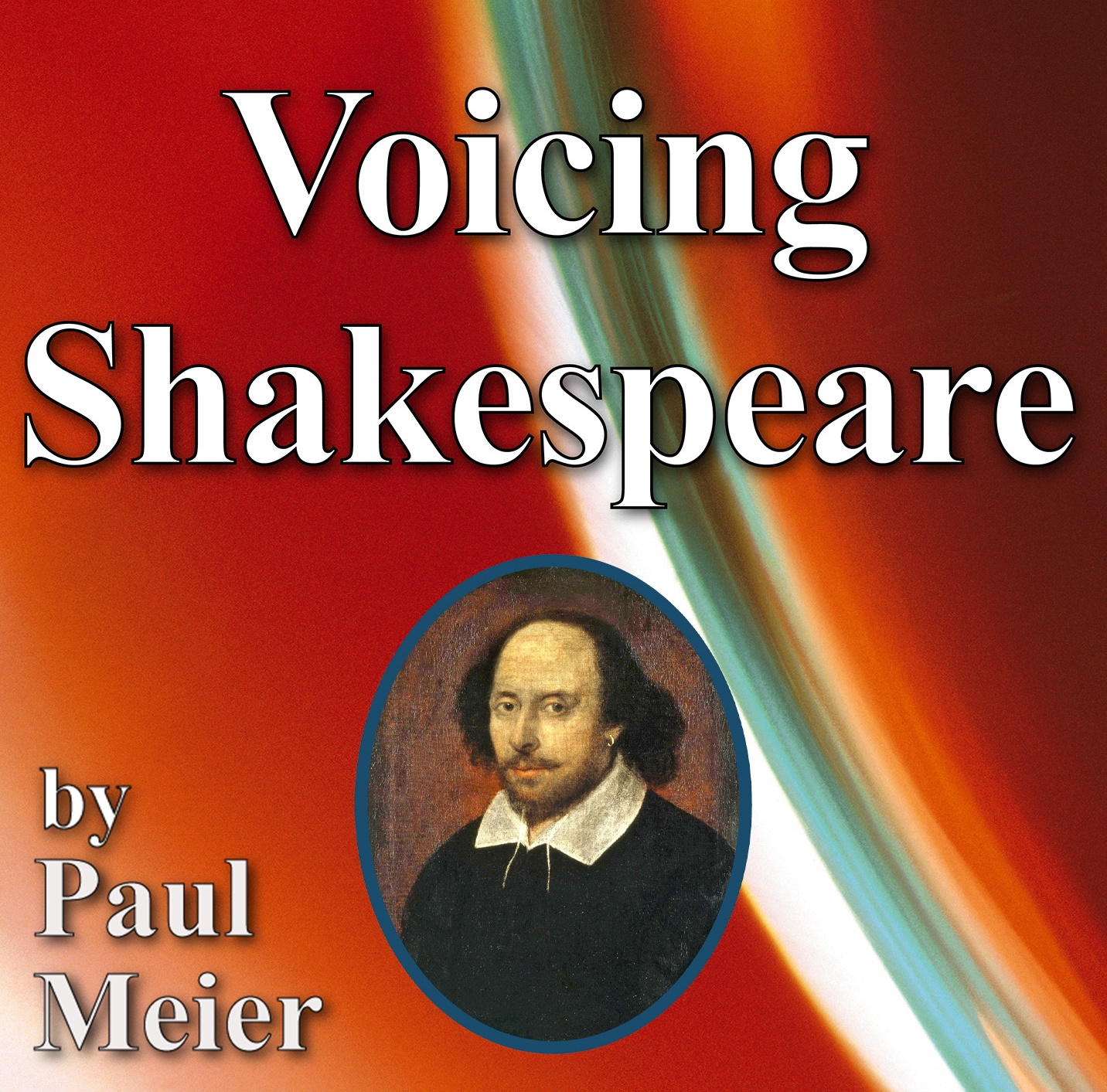Ethiopia 3
Listen to Ethiopia 3, a 37-year-old man from Addis Ababa, Ethiopia, who has also spent considerable time in the United States. Click or tap the triangle-shaped play button to hear the subject.
Both as a courtesy and to comply with copyright law, please remember to credit IDEA for direct or indirect use of samples. IDEA is a free resource; please consider supporting us.
BIOGRAPHICAL INFORMATION
AGE: 37
DATE OF BIRTH (DD/MM/YYYY): 15/05/1980
PLACE OF BIRTH: Addis Ababa
GENDER: male
ETHNICITY: Ethiopian
OCCUPATION: RF engineer
EDUCATION: master’s degree in electrical engineering
AREAS OF RESIDENCE OUTSIDE REPRESENTATIVE REGION FOR LONGER THAN SIX MONTHS:
He lived in Addis Ababa until the age of 24, except for the two years he spent in Prague, Czech Republic, when he was a teenager. At the age of 24, he moved to Shawnee, Kansas, United States, and was still living there at the time of this interview.
OTHER INFLUENCES ON SPEECH:
His parents were both born and raised in Addis Ababa. He learned English in school, but he hardly used it until he moved to the United States. The language he grew up with is Amharic.
The text used in our recordings of scripted speech can be found by clicking here.
RECORDED BY: Scott Stackhouse
DATE OF RECORDING (DD/MM/YYYY): 11/04/2018
PHONETIC TRANSCRIPTION OF SCRIPTED SPEECH: N/A
TRANSCRIBED BY: N/A
DATE OF TRANSCRIPTION (DD/MM/YYYY): N/A
ORTHOGRAPHIC TRANSCRIPTION OF UNSCRIPTED SPEECH:
Yeah, when I was a kid, um, I used to play soccer. I like soccer so much, and, eh, we used to have a team in our neighborhood. And, eh, we used to go from from place to place to, ah, collect some money so that we can, eh, purchase, eh, a uniform: eh, shoes and other stuff that’s necessary for our team, eh. That’s the sweetest time, and, eh, we’re about e-eight or nines in a team. So, um, four of us: We take a part of the city — I mean part of the community where we are living — and the other half will go the other part; and we get together, and, eh, uh, when we get together we’ll see who made the higher, and, uh, always there is a smile. There is always a fun. Um, at one time after we get everything what we need, uh, we enrolled, uh, in a tournament. Eh, that tournament was: It’s about eight teams from different village. And, eh, at the end you know our team was the championship, and, eh, I really proud what we did at that time. I, I really didn’t pursue, uh, with this, eh, soccer career, but, uh, it’s, eh, one of the brightest time in my life. Um, I stopped playing soccer, uh, when I was about, eh, 16, 17. I was engaged more on, eh, my education than, uh, playing on other stuff. Uh, this is, um, a small part, eh, which is, eh, related to my, eh, childhood, eh, game related to issues.
[The subject speaks Amharic]: መልካም ቀን። እንዴት ናችሁ ።ዛሬ የሚዘንብ ይመስላል።. [English translation: Good afternoon. How are you today? It looks like it’s going to rain later.]TRANSCRIBED BY: Scott Stackhouse
DATE OF TRANSCRIPTION (DD/MM/YYYY): 11/04/2018
PHONETIC TRANSCRIPTION OF UNSCRIPTED SPEECH: N/A
TRANSCRIBED BY: N/A
DATE OF TRANSCRIPTION (DD/MM/YYYY): N/A
SCHOLARLY COMMENTARY:
The subject uses [ɒ] in words such as: “Comma,” “dog,” “not,” and “on.” The GOAT set moves to the single stage vowel [o] in “so,” “goat,” and “no.” He uses [a] in “managed,” “can’t,” “imagine,” “can,” “at,” and “that.” His dialect is rhotic, and he taps his /r/ sounds in beginning, middle, and ending positions in words such as: “remembered,” “treatment,” “around,” “Sarah,” “sorry,” “around,” “first,” “were,” “soccer,” and “letter.” The KIT set in words like “kid,” “sixteen,” “which,” “kit,” “itchy,” and “give” moved toward the vowel [i]. The FACE set moves to the single stage [e] sound in “take,” “place,” and “ate.” Both the [ð] and [θ] sounds sometimes became [z] or [s], perhaps dentalized, in words such as: “that,” “bath,” “cloth,” “with,” “either,” and “together.” The /ng/ of “long,” “strong,” and “singing” is pronounced with an added plosive, such as [ŋk]. Note the particular treatment of the word “singing.” The final /al/ endings of words like “animal” and “sentimental” that often receive the [ə] instead moved closer to a more open [æ]. Multi-syllabic words like “animal,” “normally,” “different,” and “community” are pronounced with an evening out of the difference between stressed and unstressed syllables. Note the [ʃ] consonant that begins the word “championship.”
COMMENTARY BY: Scott Stackhouse
DATE OF COMMENTARY (DD/MM/YYYY): 12/04/2018
The archive provides:
- Recordings of accent/dialect speakers from the region you select.
- Text of the speakers’ biographical details.
- Scholarly commentary and analysis in some cases.
- In most cases, an orthographic transcription of the speakers’ unscripted speech. In a small number of cases, you will also find a narrow phonetic transcription of the sample (see Phonetic Transcriptions for a complete list). The recordings average four minutes in length and feature both the reading of one of two standard passages, and some unscripted speech. The two passages are Comma Gets a Cure (currently our standard passage) and The Rainbow Passage (used in our earliest recordings).
For instructional materials or coaching in the accents and dialects represented here, please go to Other Dialect Services.
 IDEA: International Dialects of English Archive
IDEA: International Dialects of English Archive




